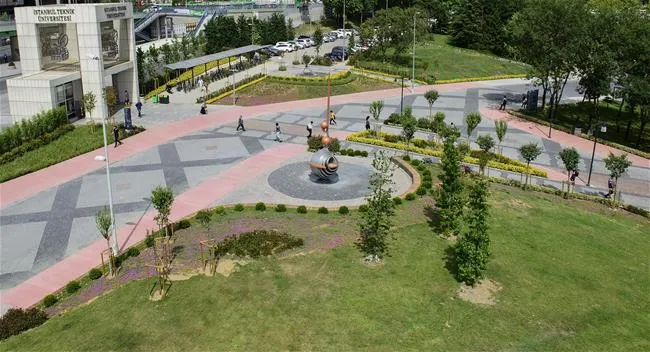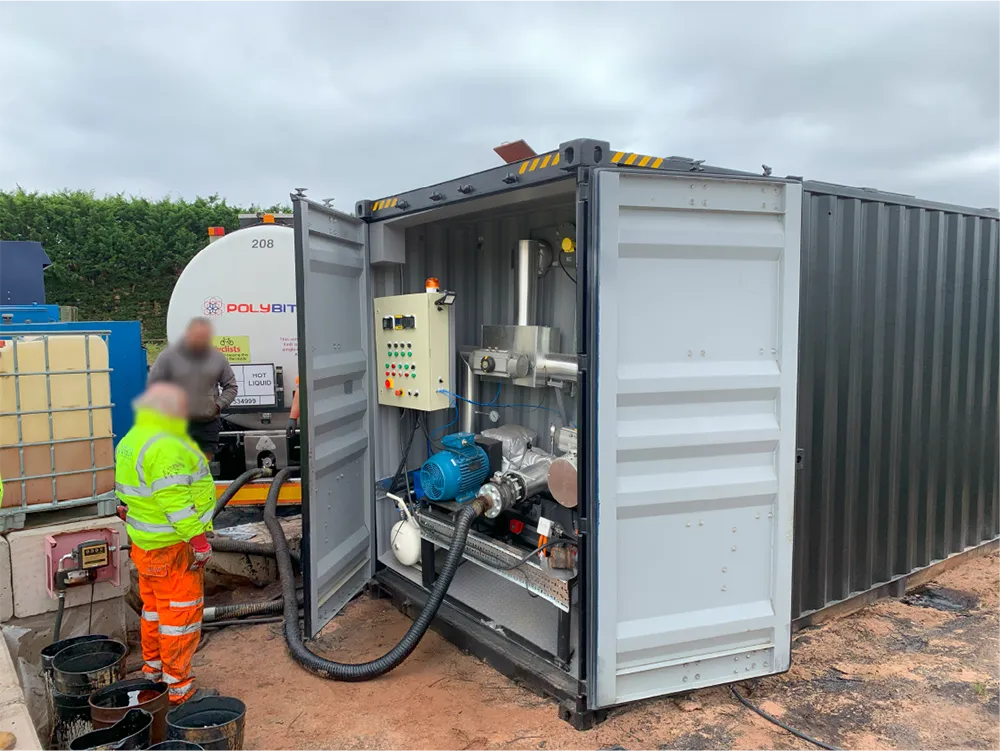
The university is more than 250 years old and has five campuses spread throughout the centre of historic Istanbul, Turkeys former capital and now a financial and transport hub. The network of campuses and myriad buildings make it extremely difficult for staff and students to get around quickly and efficiently so they must resort to a vehicle, either car of public transport.
“And that’s not the only reason why creating a bike lane was a major challenge for the university,” said Sis Alkan, head of building and technology at İTÜ. The institution is state-run so it has a limited budget which forced the planners in this case to consider new ideas. “During the course of our research, we came across
The core of the Green Campus project is a 6km bike lane of which Evonik has sponsored 1km. Evonik, a German specialty chemicals company, supplied a durable methyl methacrylate (MMA) cold spray to put down all markings and symbols and the bike lane was open after three days of work.
E|vonik used the rapidly processed two-component system based on Degaroute reactive resins and which can be used for a variety of applications including flat line, structured and profile markings. The product %$Image:
To make the bike lane as safe as possible, a base layer with anti-skid aggregate was applied followed by a top coat. “This created a anti-skid surface,” says Melih Durmuş from the Altekma Group, the local company that completed the work. In all, 4tonnes of materials were used to treat the around 2,600m² of bike lane.
In addition to the new bike lanes, the university is now planning to open a bike store on the campus.







